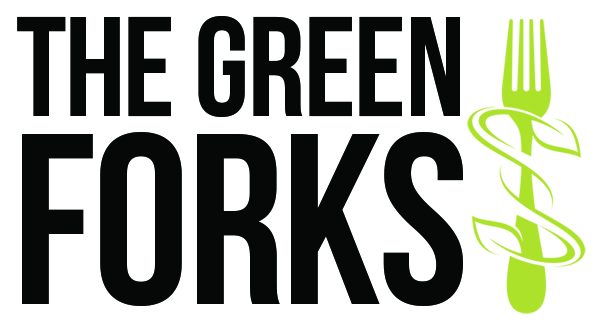Plant-based protein powders are always on the rise. Nowadays, they’re continuously dominating the market shelves to serve as the better alternatives from the usual whey and such.
They are more versatile than ever as well when it comes to taste and texture. In short, you can always rely on these plant-based protein powders. They’re perfect to incorporate in smoothies, protein shakes, baking, cooking, for almost anything.
Today, we will give you an overview about two of the most well-known plant-based protein powders – almond and pea protein.
Pea Protein Powder
Derived by extracting protein from peas, pea protein powder is a great fit for almost any diet since it’s naturally vegan hypoallergenic. Pea protein is a complete protein since it contains all the essential amino acids despite being relatively low in methionine, see our review of the best pea protein powders.
Pea protein powder is naturally vegan, gluten-free, dairy-free and does not contain any of the top eight food allergens. It also blends well with water and has less gritty or chalky texture compared to other plant-based protein powders. Additionally, pea protein powder is also rich in iron.
The main reason why pea protein powder has a wide popularity is because it is proven to help build muscles. It is as effective at building muscle mass as more common dairy-based protein powders like whey.
Almond Protein Powder
Contrary to the natural nutrient wonders of pea protein powder, most almond protein powders are commercially designed and fortified.
Almond protein powder is a much more concentrated source of protein than whole almonds. It is different from the popular almond flour though. Most almond protein powder also contains all eight essential amino acids with high content of fiber and usually contains calcium.
Just like almonds, its protein powder form is also an excellent natural source of potassium and magnesium. It tastes great without a slight hint of chalkiness or grittiness. One advantage of almond protein powder is its natural nutty taste, which is actually a great touch to the flavors of any smoothies, milkshakes, or other vegan recipes.
Despite not having enough claims or studies that it can replace most dairy-based protein powders when it comes to building muscle mass, if we’re going to based on its overall nutritional profile, almond protein powder can actually help in building muscles. For other protein means however, it is truly an excellent plant-based option. It will not be very long until almond protein powder is highly demanded just like what is currently with pea protein.


